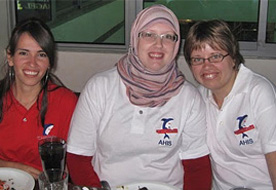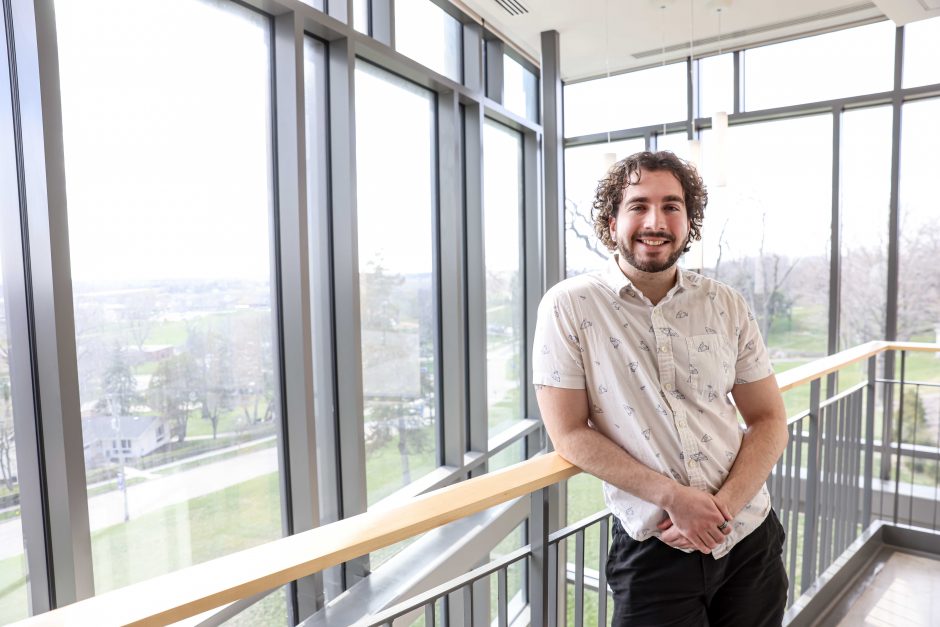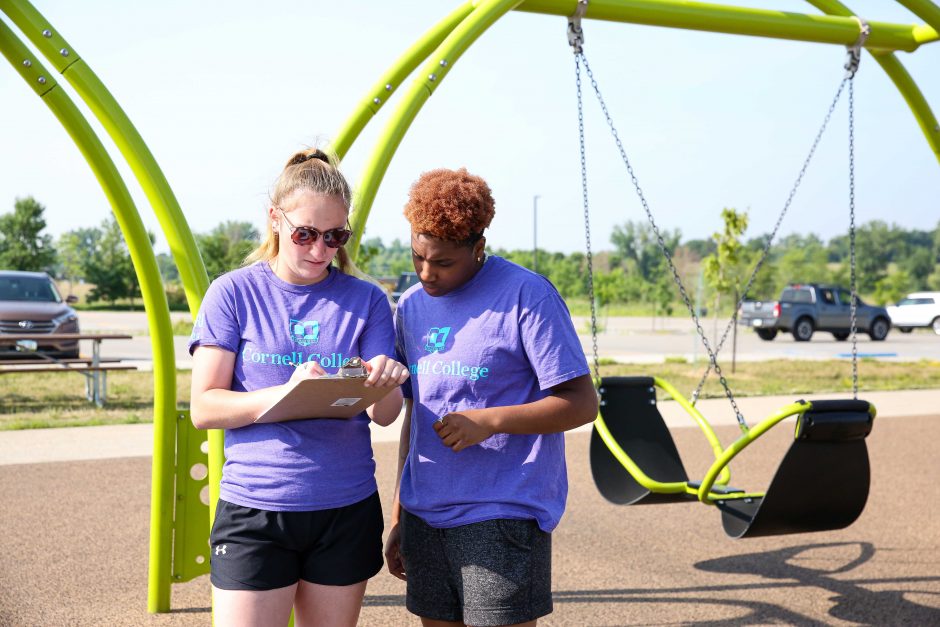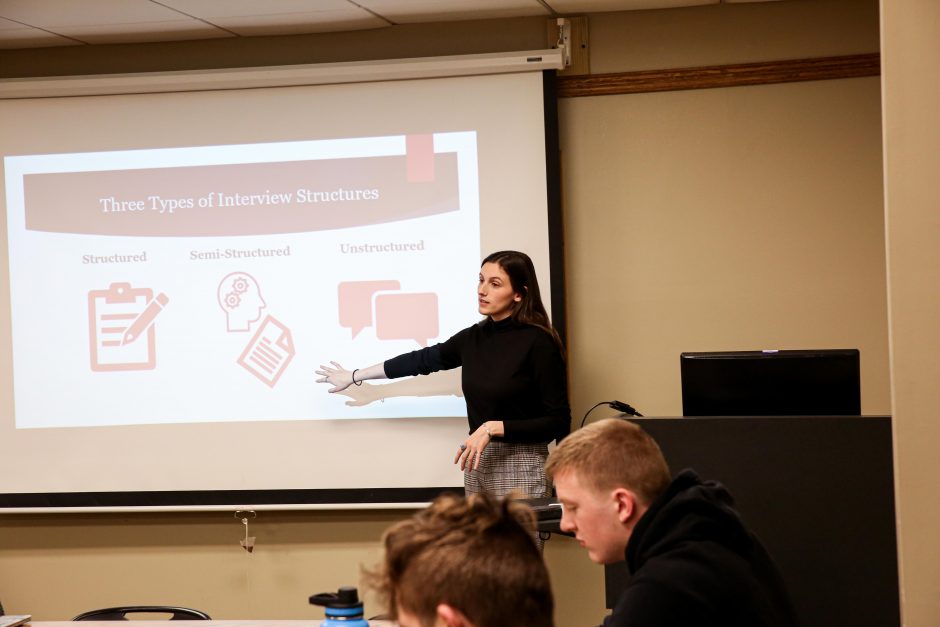Rachel Tjaden ’08
Inspired by her student-teaching experience in Numazu, Japan as a Cornell Fellow, Rachel Tjaden spent two years as a first-grade teacher at an international school in Bahrain. She’s planning to continue her international adventure by returning to Japan to teach at the school where she student taught.

Why are you returning to Japan to teach?
The chance to go back to Katoh Gakuen Elementary was a goal I had since the day I left Japan; the experiences I had there as a student teacher solidified everything I learned at Cornell. The staff and students supported each other, and the collaborative learning environment was phenomenal. During my student teaching, I felt like I had landed in one of the best places to teach, and I feel fortunate to be welcomed back!
How did teaching in Bahrain compare to your experience in Japan?
I remember being told at Cornell that student teaching will never absolutely prepare you for your first year of teaching, and it’s very true. Student teaching is a much more controlled environment; I had three mentor teachers, eased my way into instruction, and was continually given feedback. I also came to Japan in the middle of the school year, so the basic routines were already in place for me.
Not so in Bahrain, when I was really on my own. I’m still not always sure how my students and I got through my first year, but somehow we succeeded. It’s learning to trust in yourself, your colleagues, and your students that you will make it through and are a good teacher, which is not always an easy task.
What did you enjoy about teaching in Bahrain?
Teaching in Bahrain has allowed me to have quite a bit of freedom in my instruction. While we use American curricular programs and have standards of teaching, we are also not held back by many of the things that burden teachers in the States, such as No Child Left Behind or using standardized tests to measure teacher effectiveness. I have been able to design many of my own lessons and use methods of cooperative learning that I learned during my time at Cornell.
Class sizes are smaller than in the U.S., between 15 to 20 students per class, and it’s easier for me to save money here without insurance payments, apartment rental costs, or car loans. Living and teaching in Bahrain has also given me the opportunity to travel during holidays, and I have visited Egypt, Jordan, and Israel.
What’s most challenging?
Most instructional materials are shipped in from the States, and there can easily be delays in shipment and arrival. Supplies that you may be expecting to see in a first-grade classroom are much harder to come by, and I have either made or bought most of my own classroom supplies. The physical size of the classrooms is also much smaller, making the class a little bit of a jungle gym at times. The students themselves are both a blessing and a challenge, as they are anywhere.
What was best about studying education at Cornell?
The seven other Elementary Education majors I graduated with, along with my professors Gayle Luck and Kerry Bostwick, became some of my closest friends at Cornell and are still an integral part of my support system today. Gayle and Kerry were always there for us, and the tight circle of trust we established made it easy to be open and honest about our fears, struggles, and triumphs as beginning teachers. It’s the same attitude of collaboration and openness that I try to bring to my classroom daily. Most of all, at Cornell I learned that the classroom I want to achieve can happen, and now it’s my time to try and figure out how.
What are your long-term plans?
For the next two years, and hopefully a few more than that, I’ll be in Japan. I still have plans to go back to school and eventually earn my Ph.D., perhaps eventually to become a college professor myself. I’m not sure how long I’ll stay abroad, but I’d rather not put limits on it. For as long as I love what I’m doing, I’m going to follow my dream.



